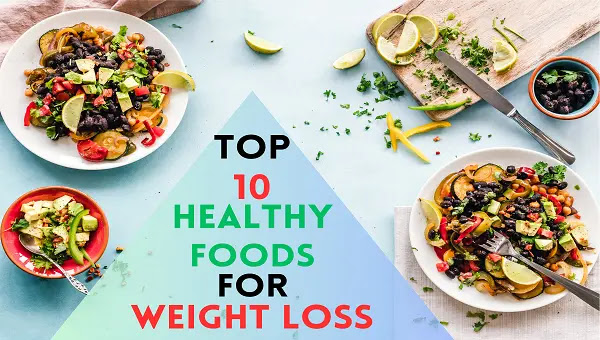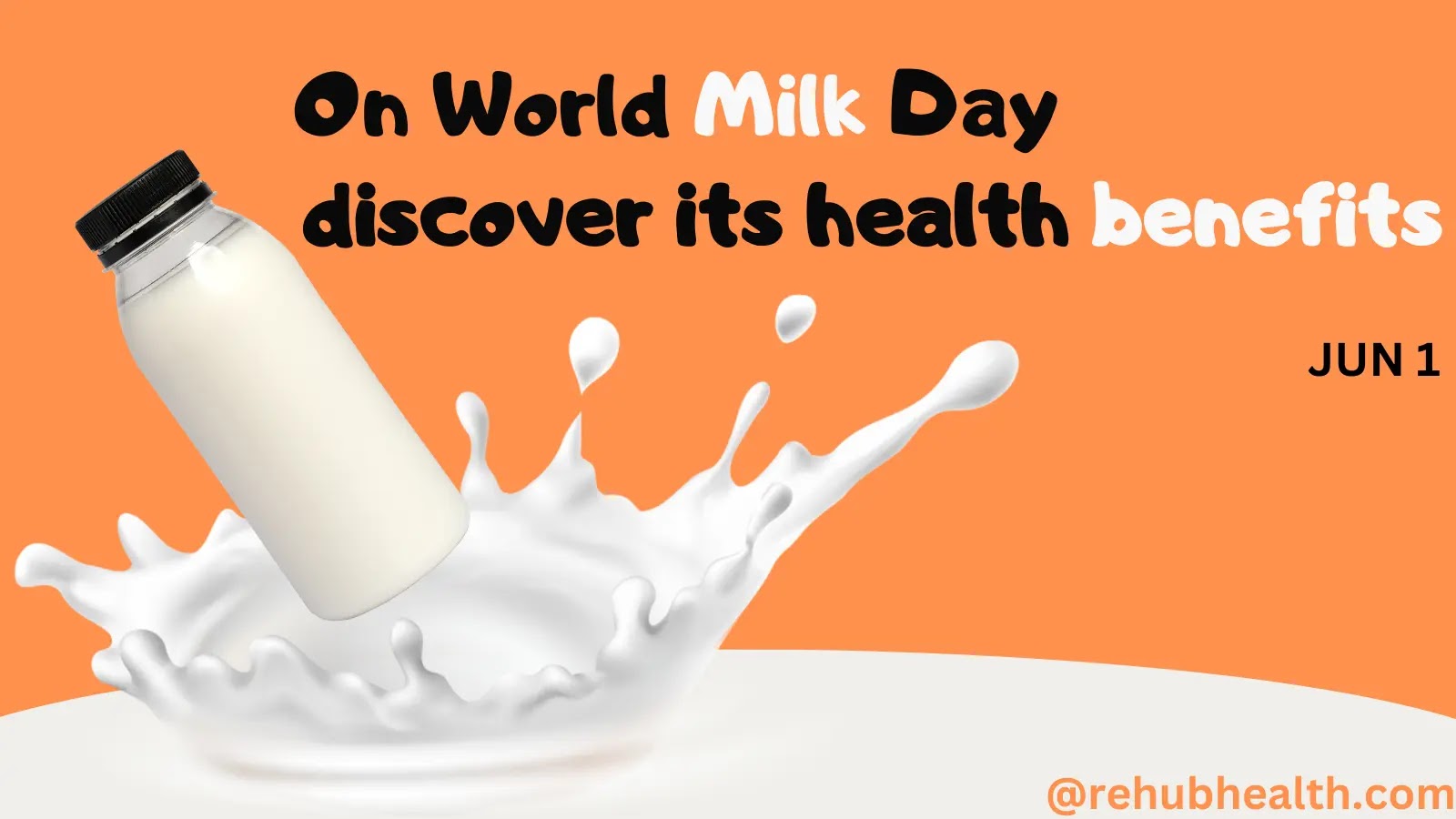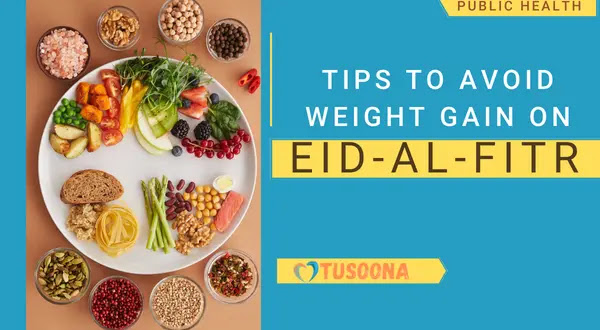The Best Breakfast in Ramadan
Overview
Healthy Muslims during Ramadan practice fasting daily from dawn to sunset. To finally have breakfast at the ears of Morocco. Then there is another meal, which may be the second or third (depending on preferences) After breakfast, namely before dawn Azan is called suhoor. What is the best Ramadan iftar meal?
- Lipids (switching from saturated to unsaturated fats).
- Artificial unsaturated fats.
- Sugars.
The importance of a healthy breakfast during Ramadan
The best foods to eat for breakfast
During breakfast, be sure to eat plenty of fluids, low-fat foods, liquid-rich foods, and foods that contain natural sugars for energy. Here is a list of the best foods to eat for breakfast:
1. Beverages
He likes to focus on drinks that provide hydration and natural sugars without any extra calories or added sugars, such as water, milk, and natural fruit juices.
2. Dates
Dates have been a popular traditional item on the iftar table of all Muslim countries since the time of the Prophet Muhammad. It is a good way to provide natural sugars for energy, providing minerals such as manganese, potassium, and copper, and is a good source of fiber.
Some dried fruits can be added, such as apricots, figs, raisins, or prunes.
3. The soup
Soup is a traditional meal in many countries, and it is an easy way to save fluids. Soups in most countries are based on meat broth, some legumes such as lentils and beans, and some starches such as pasta and cereals.
4. Fruits
Fruits provide natural sugars and are the perfect choice for energy, fluids, and some vitamins and minerals.
Recipes for healthy breakfasts
- Vegetable soups are fresh and made at home, avoid soup powder.
- Vegetable salad of your choice.
- Recipes for stuffed vegetables such as eggplant and grape leaves.
- Add lemon slices and mint leaves to the water.
The importance of hydration during Ramadan
With Ramadan coinciding with the warmer seasons of the year and the length of fasting hours leading to increased sweating and fatigue, it is important to focus after breakfast on drinking fluids to compensate for what your body loses during the day, as Global Health recommends drinking at least 10 glasses a day.
You can moisturize through certain foods and fruits, such as:
- Watermelon after breakfast as a dessert.
- A green salad that contains a lot of cucumbers and moisturizing tomatoes. T
- Eat soup.
It is best to avoid caffeinated drinks, such as tea, coffee, and cola to avoid urinating too much, which leads to dehydration. And during the afternoon it is preferable to sit in cool and shady places, avoiding sunlight.
The best drinks to drink during Raman
1. Hibiscus drink
It is a refreshing drink, which can be consumed hot or cold, characterized by a strong color and flavor, a sweet infusion made from the hibiscus flower. It is considered a typical and healthy Ramadan drink.
2. Milk
It is rich in nutrients, such as calcium, vitamin D, and potassium, which are responsible for the health of muscles, bones, and teeth.
To get nutrition with lower calorie content, eat low-fat or skim milk. Such as soy milk, oat milk, and almond milk.
3. Fruit juice
The juice, made from 100% fruits, contains most of the original vitamins, but excludes all fiber!
You can get by with natural sugar called fructose, to add calories to your diet without feeling full.
One glass of juice without sugar is considered a good thing. But, for children and adults, it is better to eat the whole fruit.
4. Coconut water
Coconut water is that clear liquid that resides inside the coconut fruit. It contains:
- ions.
- Less sugar than many sports drinks or fruit juices.
Iftar meal for a diabetic patient in Ramadan
What are the forbidden foods at breakfast?
Among the things that cannot be eaten at breakfast, or are not recommended to be eaten: are sweets, fats, and salt.
Sweets that are popular during Ramadan and rich in sugar syrup (such as chebakia and Briouat and baklava, which are the most common especially in Morocco) contain large amounts of sugar. It is better to avoid them! You can make up for it with fruits.
Try to limit the intake of high-fat foods, such as fatty meat, baked pies, and pastries with butter added to them.
Do not adopt frying as a cooking method, replace it with other methods such as: steaming, and cooking in the sauce.
Avoid foods that contain a lot of salt, such as sausages, processed meat, canned fish products, pickles, salty cheeses, ready-made biscuits, and sauces (such as mayonnaise, mustard, and ketchup).
Frequently asked questions that may interest you
What is the best thing for a fasting person to break the fast on?
The best thing for a fasting person to break the fast is considered to be eating three dates for breakfast, it is an excellent source of fiber. In addition, vegetables provide vital vitamins and nutrients.
You can choose whole grains to provide your body with energy and fiber, eat lean meat, preferably grilled or baked, and skinless chicken, and fish to get healthy protein.
Avoid fried foods, foods that contain high fat or sugar.
What happens to the body after breaking the fast in Ramadan?
Fasting has several health benefits, among which is weight loss in obese people, provided that a line is followed to maintain a healthy diet and exercise.
Fasting also affects blood cholesterol and triglycerides, as it contributes to the improvement of some conditions.
After breakfast, the digestive system works to transport food and liquids, dividing food into small portions, for the body to absorb nutrients and take them to where you need them.
The large intestine absorbs water and converts it into waste, nerves, and hormones help control digestion.
Finally, after reading the article, share with us your opinion on the comments. And what nutrients are you careful to include in your breakfast And what unhealthy foods have you just discovered that are not useful Share the article!






